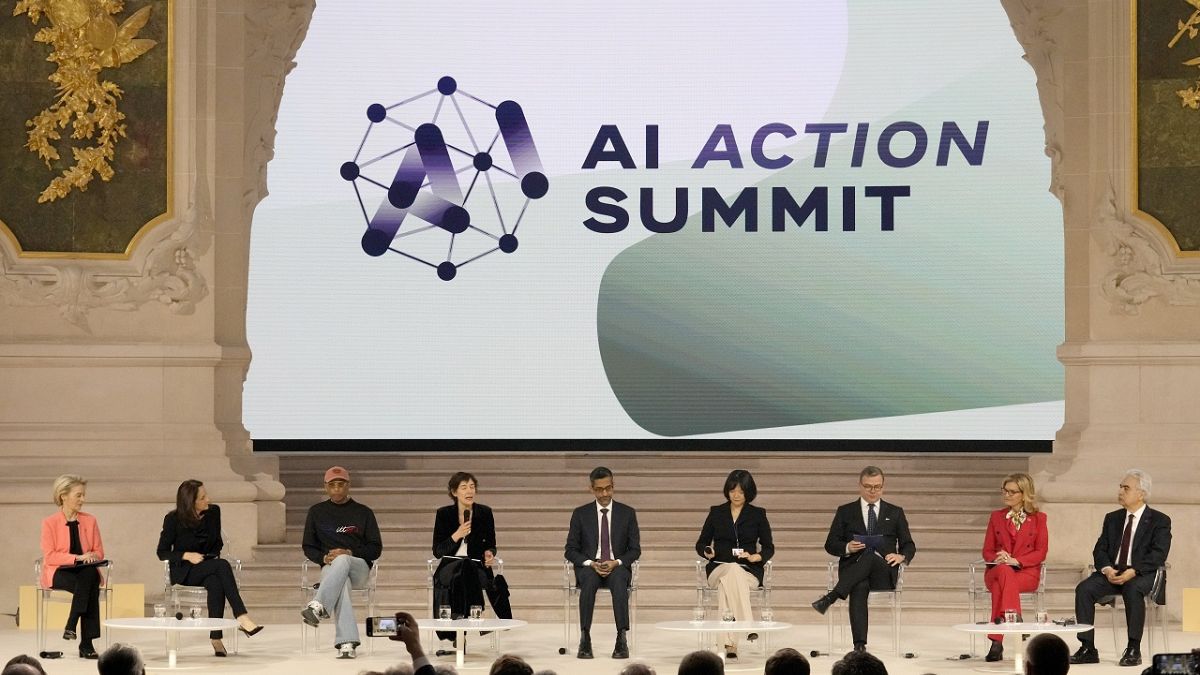

In an evolving global landscape, recent developments are highlighting ongoing advancements in human rights and legal reforms. With diverse stories emerging from various regions, they collectively underscore a dedication to justice and the protection of individual freedoms.
In the United Kingdom, a significant step forward is underway as the government plans to ban controversial non-disclosure agreements (NDAs) used to silence employees reporting workplace abuse. This action signals a commitment to creating safer and more transparent work environments, ensuring that victims of abuse are not forced into silence. NDAs have been a longstanding concern, often employed to bury allegations of workplace misconduct, thereby obstructing justice and victim support. The proposed ban is poised to empower employees to speak out, promoting a culture of openness and accountability across workplaces.
Across Europe, privacy and consumer groups are voicing their concerns over potential delays in implementing the AI Act, a forward-looking legislation aimed at regulating artificial intelligence. These groups caution against a “stop-the-clock” mechanism that might stall progress, emphasizing the urgency for robust regulations to safeguard user rights and privacy in the digital age. As technologies rapidly evolve, the need for comprehensive guidelines becomes more pressing to ensure AI is utilized ethically and responsibly.
Meanwhile, in China, human rights lawyers are speaking out on the tenth anniversary of a massive crackdown that drastically reshaped their profession. In 2015, scores of rights advocates were detained, and since then, regulations have become increasingly stringent, complicating efforts to defend human rights effectively. Disbarred lawyer Ren Quanniu highlights a regression in the legal environment, likening it to the tumultuous Cultural Revolution era. Despite these challenges, lawyers and activists continue to advocate for human rights, calling attention to the critical importance of legal reforms.
On the international stage, the International Criminal Court (ICC) has issued arrest warrants for the Taliban’s supreme leader Haibatullah Akhundzada and Afghanistan’s chief justice Abdul Hakim Haqqani. They are accused of crimes against humanity, particularly in the persecution of women and girls. The ICC alleges that they orchestrated policies that compromised fundamental rights, including education, privacy, and expression. This move by the ICC is hailed by rights activists as a vital step towards accountability and justice, vowing to uphold the rights of women and girls in Afghanistan and beyond.
These narratives collectively reflect a global momentum towards improving legal standards and defending human rights. Whether through legislative reforms, advocacy, or international legal actions, there is a shared endeavor to ensure that every individual’s rights are acknowledged and safeguarded. As these stories unfold, they inspire hope for continued advancements in human rights and legal protections worldwide.
Source: {link}
